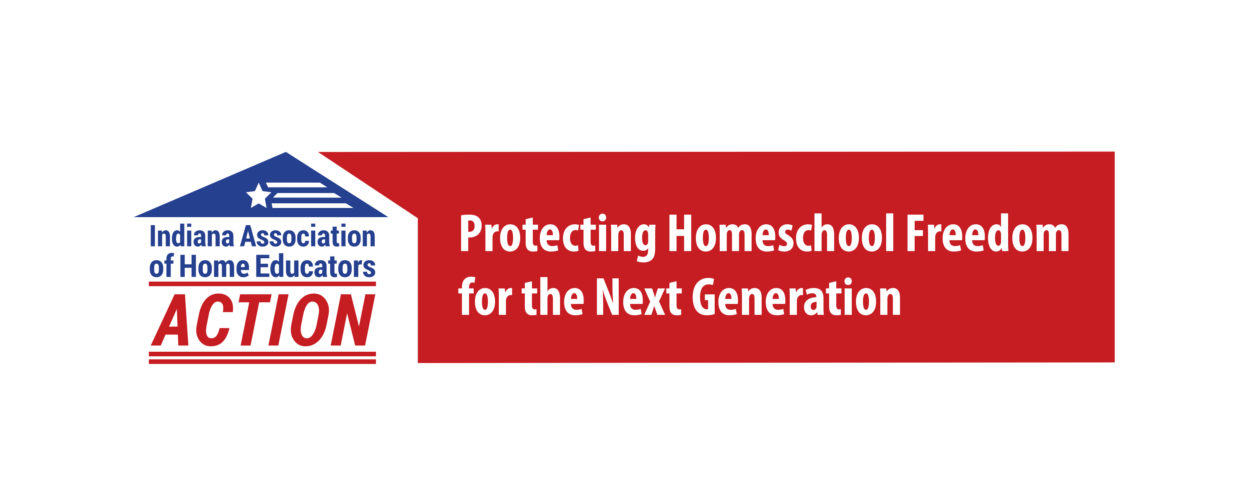Frank Schnorbus, President of Nevada Homeschool Network, has written an excellent piece about the history of government-run education. Compulsory attendance laws are discussed, as well as, whether or not citizens are well-served by government involvement in education. He leads us to consider what is required to be truly educated and to question if it can even occur with government involvement.
While our American school system may have the appearance of a static and unchanging institution, it is not. “Fix our failing schools!” has been the steady mantra from school reformers of all stripes for more than one hundred years. Convinced that the Civil War would not have happened if there had been a public education system to help us understand one another, public school advocates of the late 19th and early 20th centuries lobbied state legislatures for a statute to fully fund schools and a statute to compel attendance at those schools. Inspired by the success of school reformers of 17th century totalitarian Prussia, these visionaries successfully reproduced the government-controlled German system that appeared to render obedient citizens with morals and academics. Government, however, was the latecomer in education. Driven by different objectives, the Church, parents, and finally the government have historically sought to control the educational system in European countries and later here in America. A balance today in education between historical expectations, differing objectives, and individual rights is a futile effort because we have adopted a system intended for a totalitarian state, not our pluralistic and democratic society.
By tracing the origins of the modern state school system driven by the incongruent objectives of parents, the Church, and the state, this article is intended to show that a satisfactory balance can never be attained, and that the system must be replaced, not repaired, for true education to occur. The difference between schooling and education is defined, and then the origins and world reaction to Prussia’s school system are discussed. The economic and social justifications used to justify government involvement in schools are then revisited, and contemporary English, Prussian, and French arguments regarding public school laws are examined. The objectives of parents, then of the Church, and then of the state in a child’s education are considered. Compulsion in a free society and criticisms of existing government school systems are then noted before the final conclusion.
When Mark Twain quipped, “I have never let my schooling interfere with my education” (Twain, n.d.), what did he mean? Is there a difference between “school” and “education”? Brian Ray, president of National Home Education Research Institute, defines academic schooling as a small part of the overall life education of a child, which also includes the child’s philosophy, morals, manners, and usefulness in his or her community (personal communication, March 9, 2010). Public school advocate Christopher Lubienski, Associate Professor at the University of Illinois at Urbana- Champaign, noted “an emerging recognition of the difference between ‘public education’ and ‘public schools'” (Lubienski, 2003, p. 478). Yet we often say “education system” when we really mean “school system,” or “compulsory education” when we actually mean “compulsory school attendance.” All 50 states compel school attendance, but not one has a law requiring an education for a child. The debate we have today over schools and education has not occurred spontaneously.
Read more here.

